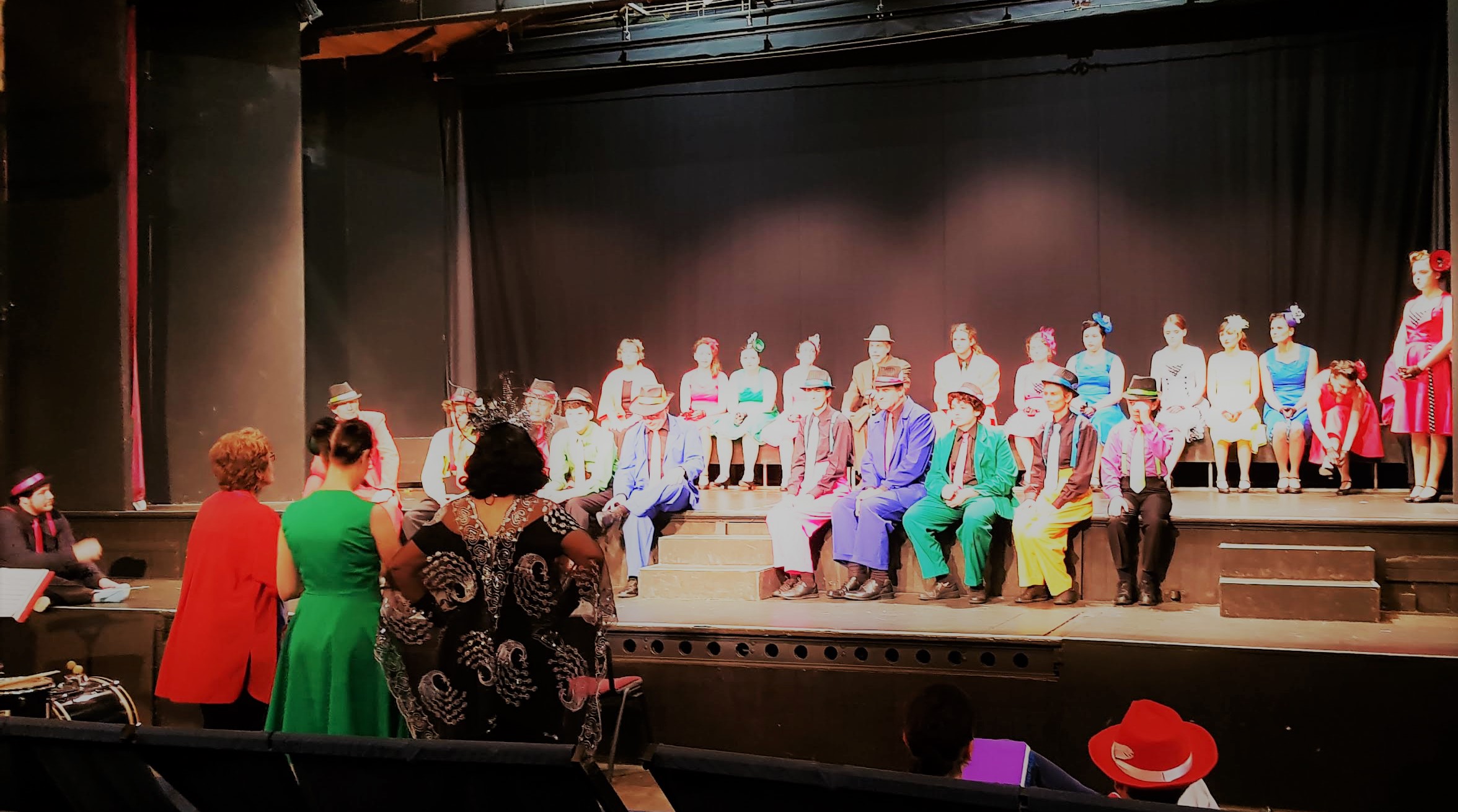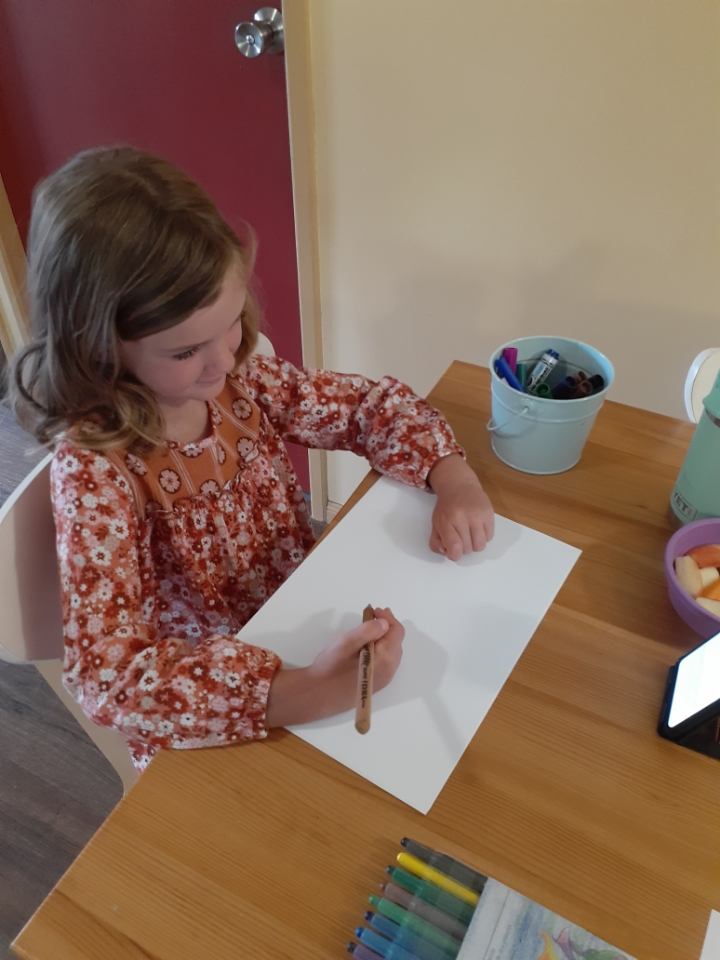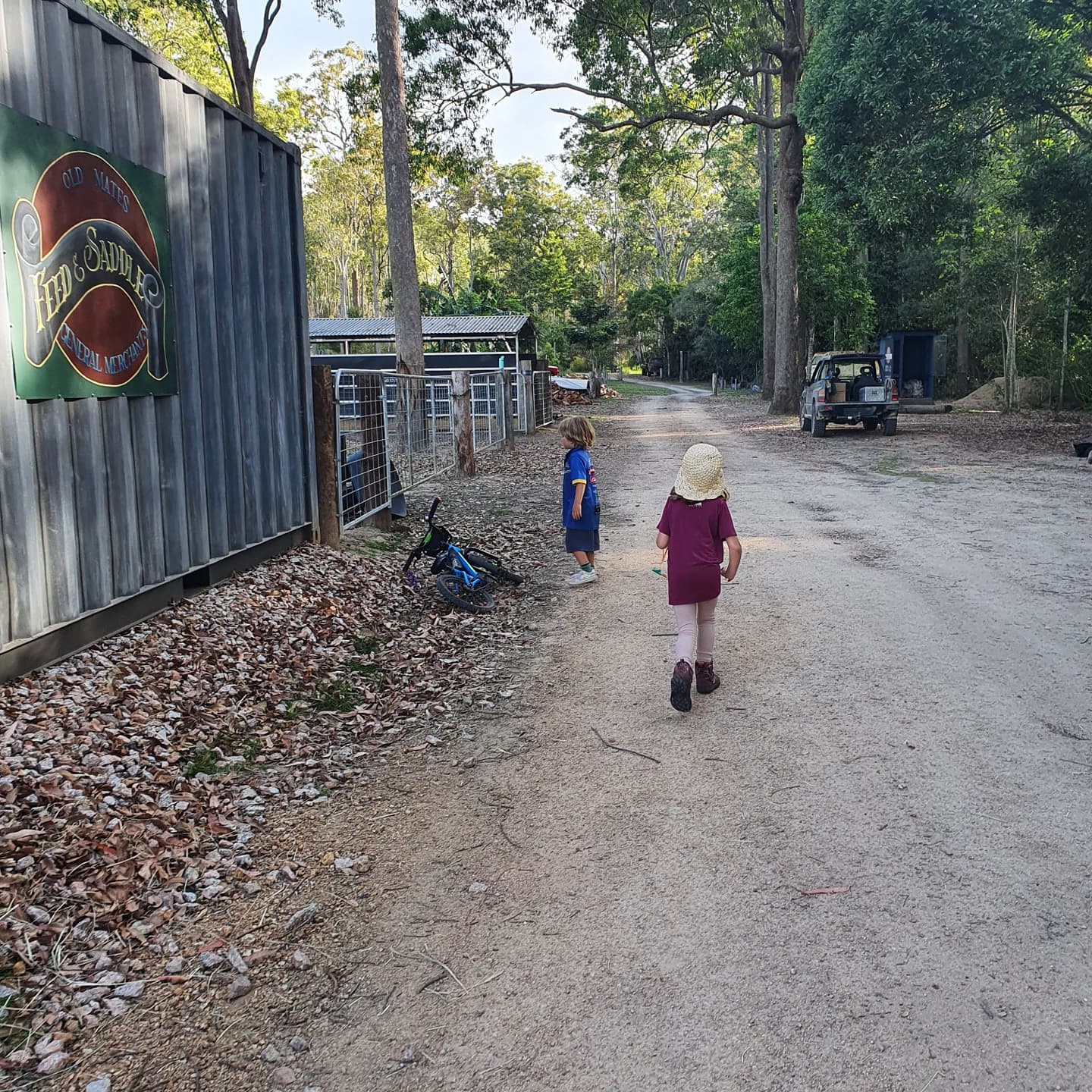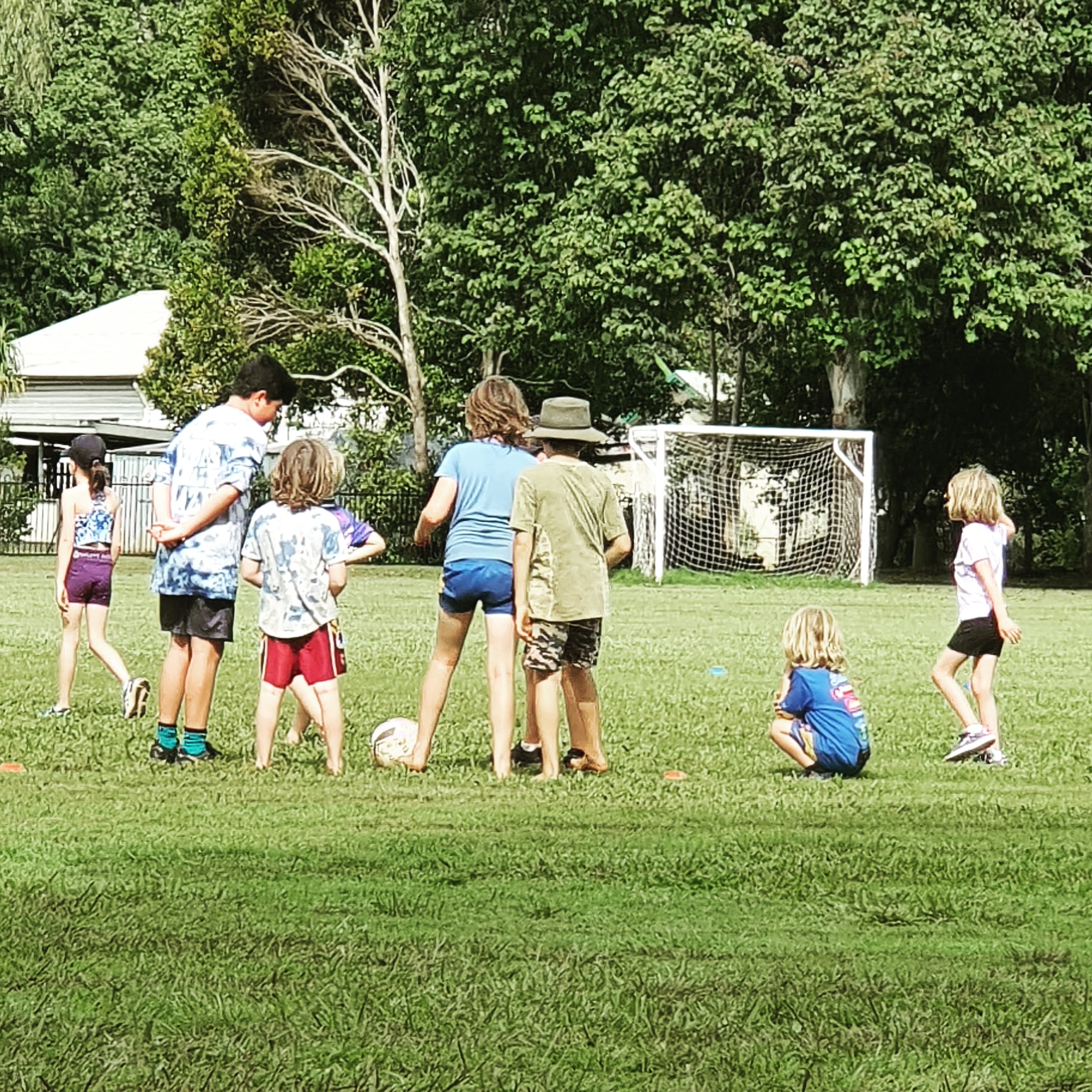Socialising Outside the Box
I've written about socialisation several times in the past, including this blog post. I think it's fair to say that the homeschool socialisation myth has been debunked by now! Siblings, cousins, neighbours, family friends, homeschool groups and co-ops, faith meetings, and after-school activities are the most obvious ways we can socialise, but what else is there for homeschoolers? Here are a few ideas you may not have considered...
Volunteering - kids can often volunteer alongside their parents or another carer and do meaningful work in the community. This helps encourage an attitude of service, an awareness of other people's lives, connection with plants or animals, and/or a feeling of belonging. From a young age my own children were involved in the same community activities and events I participated in - a bartering system, various gardening groups, washing an older neighbour's dog regularly, pet sitting, house sitting, and running activities and camps for other homeschoolers.

Joining community groups - sometimes it's possible for children to join adults' social groups and outings. One of my daughters regularly attended a local fibre arts group to learn to spin yarn and various tricks for using that yarn through knitting and crochet. These were skills I could not share, and we had no extended family around to teach her either. Adults, especially seniors, meet regularly to play, create, serve the community, dance, exercise, and connect with each other and the wider community. Kids don't only need to connect with other kids. Most of our children were involved in community theatre with cast members sometimes ranging in age from 8 to 80 years!
Going to the library - libraries are hubs of activity beyond preschool craft and book borrowing! They often hold workshops and other events, show films, host competitions, and have visiting guests. Libraries are great places to learn! If your local library has space, it might also be a nice place to sit and do some homeschooling from time to time, rather than your usual setting.

Online connection - this was not an option when we first started homeschooling in the 90s, but for many of my children connecting online was an important part of their teen years. They had email 'penpals', kept in touch with family and friends via social media and chats, kept in touch with their homeschooling friends in different towns between catching up, and of course some met people across the world through online gaming, and connected with real-life friends through online games too. As a parent, forums and then facebook groups have been an important part of my own support network for many years. Something that's new to us is online connection for younger children. Through Outschool groups and classes, Zeah is connecting with other children around the world. We're having relevant conversations about online safety, which is a high priority for Outschool. I noticed that several teachers on the platform offer classes about Internet Safety, which I'd have loved to have available a decade or more ago when it felt like our family was suddenly invaded by devices!

Camps - as well as our family homeschool camps, there are camps for homeschooled teens, sports, theatre and other arts, faith-based holiday camps, and more. Some of our teens flew to a capital city to attend camps and these were the highlights of their adolescence! Travelling to and from the camps, and meeting a wide variety of other teens, and kind, interesting, fun leaders inspired some of them to go on to be leaders at camps in their late teens, and helped them find friends they still have in their late 20s.
Finding unique ways to make friends of all ages will develop lifelong socialisation skills. Having a strong social network improves our overall well-being, and sometimes we just need to think outside the box for suitable connections.





